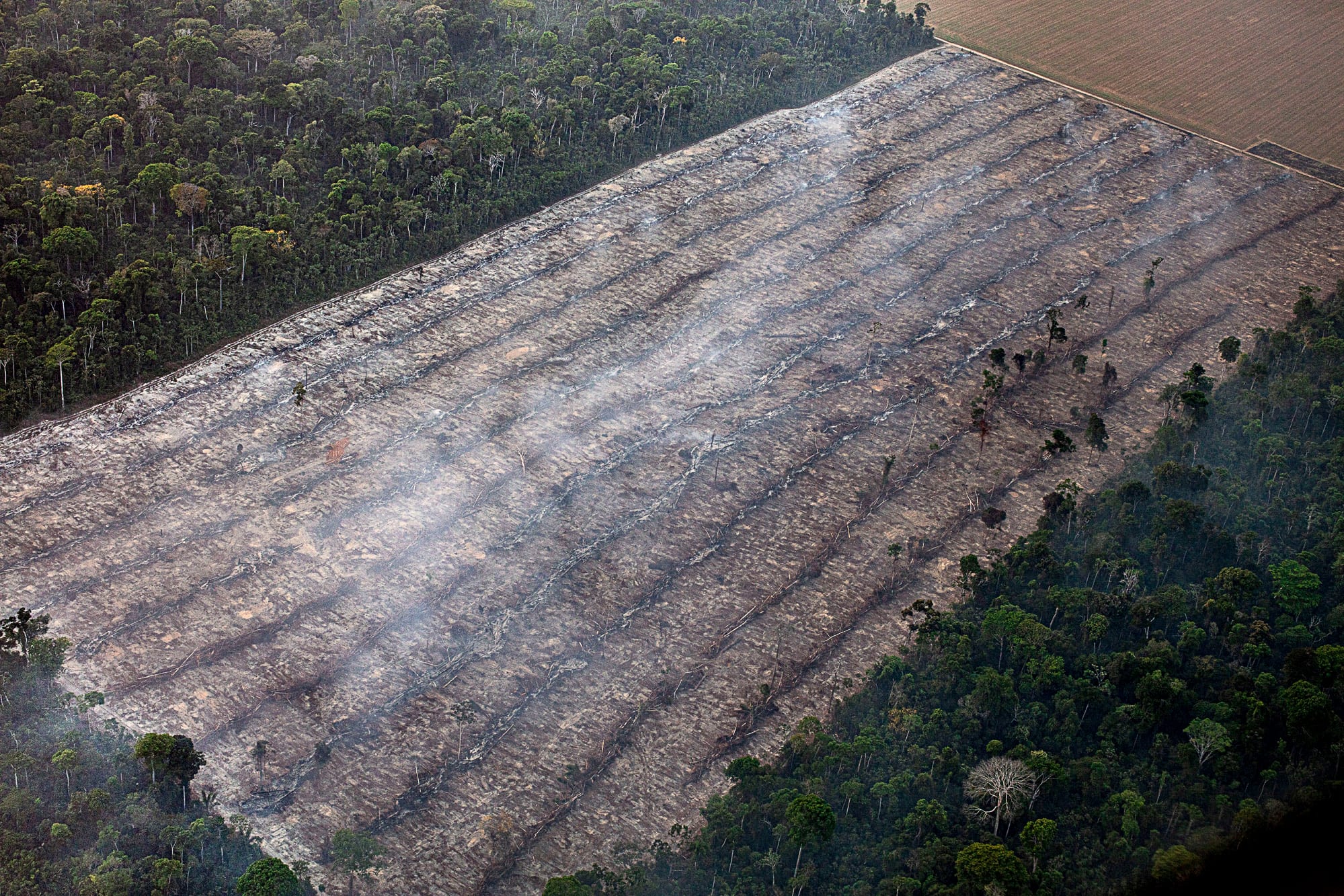FAQs
Deforestation
What are “deforestation commodity companies” and what can BlackRock do about them?
“Deforestation commodity companies” are companies that produce and distribute commodities that involve deforestation in their production processes. There are multiple steps in a typical cycle of deforestation, providing multiple opportunities for profiteers to play a role in forest destruction. First, old growth trees are logged for timber and other industrial purposes, often by illegal loggers (Greenpeace has cited a study that in one state in Brazil, almost 80% of all logging is carried out by illegal loggers). Harvested trees require further deforestation to take place in order to be transported to market, and a logged forest is significantly less biodiverse and more vulnerable to fire. Once old growth trees are gone, ranchers typically burn what is left to clear the land for cattle grazing. This leads to a further loss of biodiversity and a depletion of soil nutrients. Eventually, the only crops that can be grown in the areas where deforestation has taken place are monocrops like palm oil or soy. Monocrops can typically only grow with exorbitant amounts of fertilizers, and are highly susceptible to pests or disease.
BlackRock and other asset management firms may not be directly cutting down forests, but when they choose to invest their clients’ money in deforestation commodity companies, they are perpetuating a destructive cycle. Instead of turning a blind eye in the interest of profit, BlackRock and other firms like it must insist that any companies it invests in have clear policies with safeguards in place to ensure that their products are not being sourced from deforested lands. For detailed guidance asset managers can use to create such policies, check out this link
